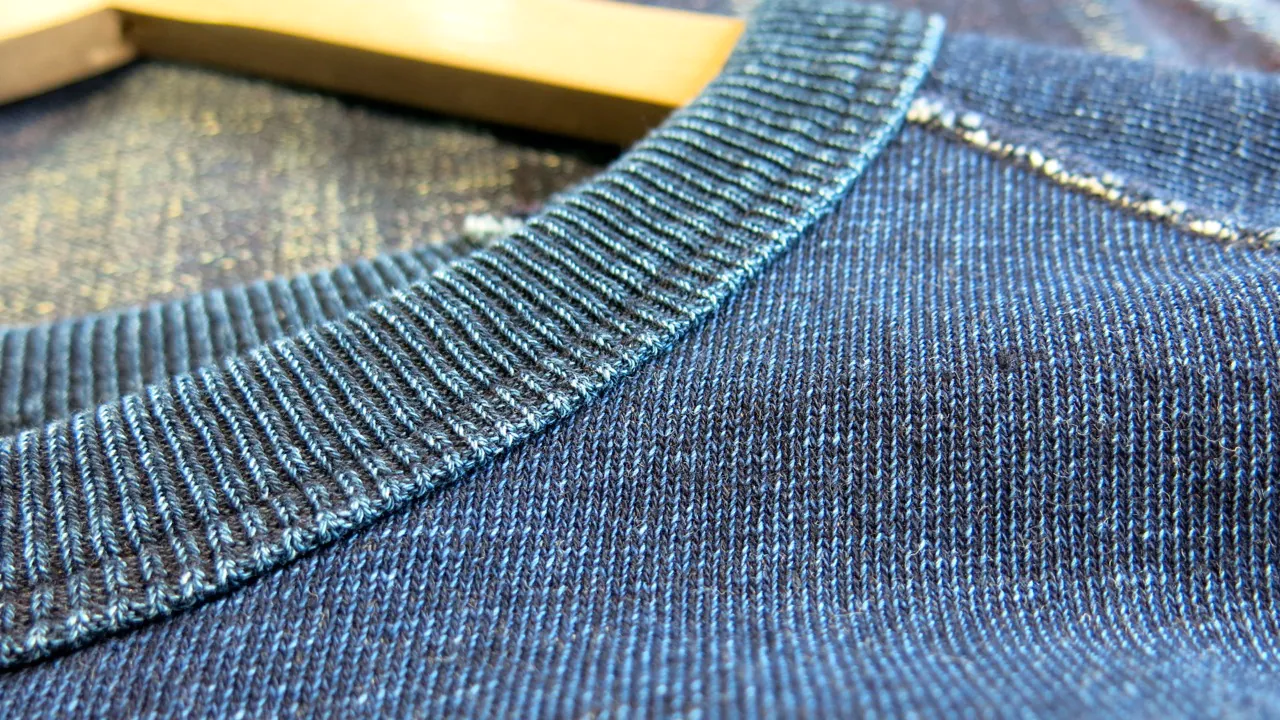
The increasing prevalence of antibiotic-resistant bacteria such as MRSA (Methicillin-resistant Staphylococcus aureus) and CRE (carbapenem-resistant Enterobacteriaceae) is driving the demand for and adoption of antimicrobial textiles in the healthcare industry and similar industries to prevent the spread of bacteria and ensure a cleaner, healthier work and care environment. The demand for antimicrobial textiles is also driven by increased awareness of health conditions, proper hygiene, and a desire for odour reduction in the sportswear and footwear segments.
What can antimicrobial textiles be used for?
In general, antimicrobial textiles are used when there is a need to prevent the spread and growth of bacteria and associated odours. These textiles are used in a variety of industries, and are currently most effectively being used in hospitals and other healthcare institutions and settings.
Within the healthcare industry, antimicrobial textiles are best used as bed linens, fabric covers for furniture, and clothing for medical professionals and patients. They are especially helpful in preventing the spread of MRSA within hospitals. MRSA is a bacteria that is resistant to many antibiotics and can cause a number of issues, including skin infections, bloodstream infections, and sepsis. In serious cases, MRSA infection can be fatal. According to the CDC, two in 100 people carry MRSA; more than 80% of all invasive MRSA infections are acquired within a hospital or other healthcare institution. Antimicrobial textiles also help in reducing the spread of other antibiotic-resistant bacteria and reducing the number of hospital-acquired infections.
Outside of the healthcare industry, these textiles find use in footwear, sportswear, pet care and bedding, and bed linens and furniture covers, to name a few popular applications. For everyday apparel, footwear, and athletic clothing, added antimicrobial agents can prevent odours and help wick away excess sweat.
How do antimicrobial textiles work?
Antimicrobial textiles work to continuously protect against harmful microbes, inhibiting the growth of bacteria. To give a textile material antimicrobial properties, manufacturers have a few different options. Antimicrobial additives can be added to the fibre before completion (during spinning, for example) or during the finishing process. Alternatively, additives can be mixed in with fabric dyes and applied during the dyeing process.
Once the additive process is complete, these textiles are tested to ensure their efficiency, effectiveness, and adherence to government- and industry-mandated regulations. Both laboratory and ‘real world’ tests are performed to determine how these textiles hold up in different environments and to see how effective the antimicrobial agents added are.
The method of application and the tests performed varies based on the manufacturer, the overall cost, and the intended use of the textile—materials intended for healthcare usually undergo different tests and are subjected to different methods than those intended for footwear, for example.
The antimicrobial agents added to the textiles also vary, largely depending on cost and end-user segment. For products that will come into direct and prolonged contact with the skin, manufacturers must use an agent that won’t have adverse effects on human health, won’t irritate the skin, and does not contain ingredients that will cross the skin barrier. For clothing, silver-based antimicrobial agents such as DOW Chemical’s SILVADUR Antimicrobial are popular. The agents must also be able to withstand heavy use, wear, and repeated washing.
Thousands of world’s leading textile and apparel companies can be in your contact list if you register to join BizVibe today! Whether you are looking reliable suppliers, top textile manufacturers, wholesalers and potential customers in over 70 major countries, or finding out what your competitors are buying and which suppliers they’re using, BizVibe can help you reach out to sales prospects and decision-makers in the textile industry across the globe.
Register for free now to build your own network of global textile companies on BizVibe



